Why we should only be renting hardware


When my colleague David recently confessed his affection for the subscription model, I preferred to answer directly below the article. Instead, I now have an independent commentary, since the topic has grown in size. I think we should be able to rent all the tech products. Here I explain how I got the idea. Maybe you even agree with me.
Let us take a look at the tech products of the present. Whether Wi-Fi loudspeakers, Bluetooth headphones, smart lamps or smartphones: all of them promise great added value, but also cost a lot of money. No sooner is a device smart than it becomes orders of magnitude more expensive than its supposedly stupid predecessor. But this smartness depends entirely on the goodwill of the manufacturer, which in many cases does not even exist.
Osram announced this week that they are making their smart Lightify lights stupid again by shutting down the server (Golem reported). So-called smart TVs usually don't get software updates for two years after market launch and also go dumb (David Pierce comments in WSJ, Paywall). Sonos did not want to update old speakers and came under criticism (we reported). The decision has now been reversed.
I can understand that for device manufacturers, maintaining the software of old and new products means a lot of effort and that this is not always economical. But I cannot understand why they do not communicate this clearly from the beginning. I am therefore pleased that more and more organizations are putting pressure on the legislator in this regard.
Florian Stößel, a speaker in the Legal and Trade Team of the Federation of German Consumer Organisations explains this to us (translated from German):
"In general, smart devices must last as long as the consumer rightfully expects - their life span must not be artificially shortened at the software level. At the very least, it must be clear from the outset how long a device that I buy in a store will at least continue to be supplied with updates".
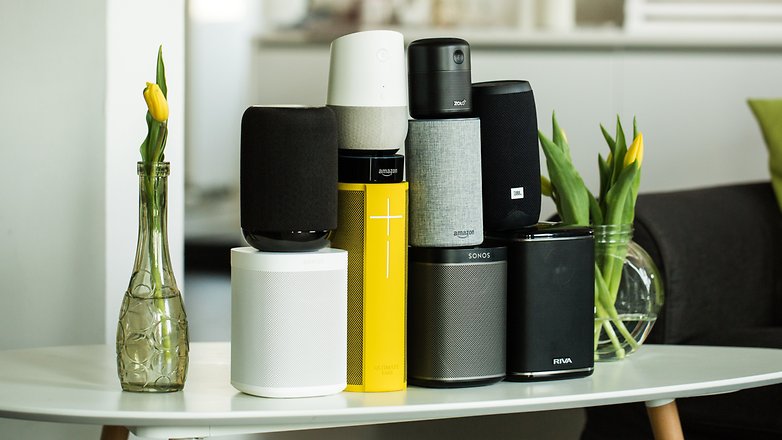
Don't sell us something we can't buy
The catch to the previous business model with smart hardware is that we can buy the products, but not really own them. Because if I really owned a smartphone, I could install any operating system (even normal Linux) or replace the battery without losing my warranty rights.
Louis Rossmann explains on YouTube that we consumers once had all these rights, but the industry gradually took them away. Once computers and televisions came with extensive circuit diagrams so that, if in doubt, we could repair them ourselves with inexpensive standard spare parts. Today, not even the regulatory authority knows what goes on inside a smartphone chipset.
The annoying thing is that manufacturers have secured exclusive maintenance rights for their products. If day X comes, there will be no more spare parts (for example for the cracked display) and no more software updates. If the buyer wants to continue enjoying the functionality, he must replace the product with a new one.
So why did I buy the product in the first place?
So if we have to replace the device at regular intervals anyway, why did we buy it in the first place? Or rather, why was it sold to us? Couldn't it have been simply rented to us instead?
Because if I look at the current practices regarding spare parts and software, this form of recycling would be the more honest one. If a manufacturer still tells me how to use the device after I have bought it, then he did not sell it to me but only allowed me to use it temporarily.
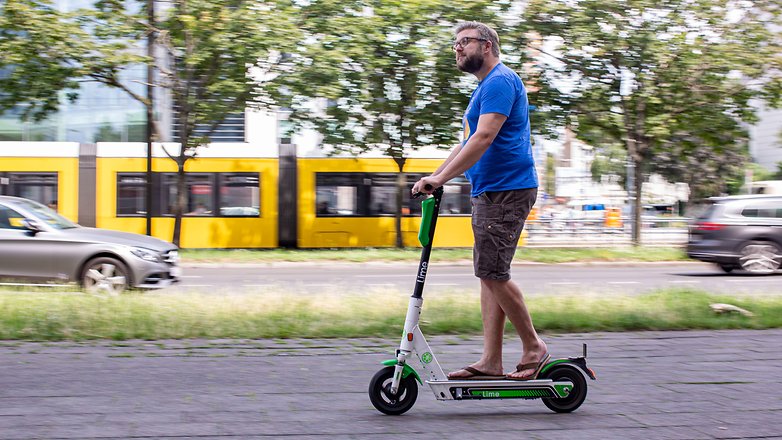
Two birds with one stone
The highlight of my rental solution would be that users would not only receive new devices at regular intervals (i.e. actually the same as now). Manufacturers would also have solved the problems with legacy hardware. Since rental customers have on average much younger hardware, the supply of up-to-date software is more clearly arranged.
The logistics of repairs could also be simplified. Customers immediately receive a (possibly used) replacement unit and the defective model can be repaired at a central location.
Above all, the situation regarding electronic waste is improving. Up to now, many old electrical appliances have not been delivered to the point of disposal in a professional manner, but have been disposed of in the household waste - or they have been gathering dust in drawers. Rental systems encourage users to return products to the manufacturer. The manufacturer, in turn, is encouraged to reuse or recover as many parts and recyclable materials as possible.
If we look into German homes, we see dozens of examples of this. Set-top boxes and routers are already being rented in large numbers according to the model described above. The Dutch bicycle rental company Swapfiets is bringing the model to our narrowing cycle paths. E-scooters would no be driven in the numbers they are without the rental systems (the same probably applies to e-Golf thanks to WeShare).
Portals like Grover or Fonlos bring the model into the world of technology. But they are still a niche. Can you imagine that this model will prevail? Or do you think the love of possession - or the illusion of possession - is stronger?











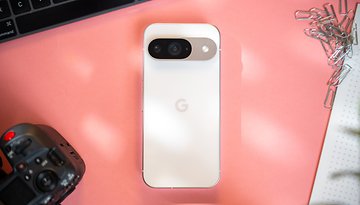


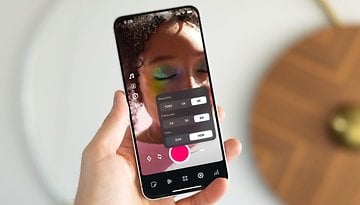
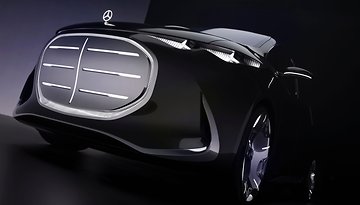
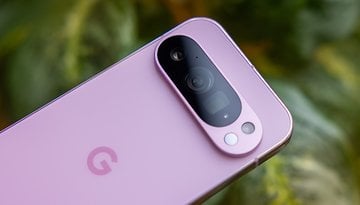



Eric, I can see your point, but in my view your reasoning has some flaws. Addressing them would require an article-sized comment, and it would drift too far from Android.
Allow me to refer to my comment on David's article. :-)
-
Admin
Mar 13, 2020 Link to commentThe whole system is geared only towards making profits and not offering, for sale or rent, good products. It is, in thẻ lòng run, a suicidal model.
There's a lot of waste in a rental model if you assume it will be discarded after 2 years of updates. There is also a lot of initial cost to recoup plus the operating fees of rental situations so you'll likely end up paying more in the rental system. Plus the disposal that should be handled properly, but probably wouldn't be because that's another cost.